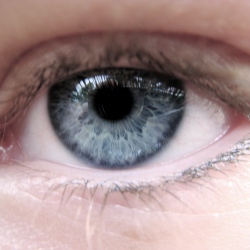
The device, as yet unnamed, hopes to eliminate Glass’s problem of short battery life by adding a separate power device around the wearer’s neck. The company has created NBD, a system for connected devices, to encourage other companies to make devices on its platform. In 2013, Lenovo overtook HP as the world’s biggest seller of PCs.
But the company acknowledged it needed help from other companies if the future of having an "internet of things" was to be realised. "Right now there are too many kinds of devices you can develop for the Internet of Things. It’s too rich. Not one company can do it all," said Chen Xudong, Lenovo’s senior vice president, as quoted by PCWorld magazine.
The internet of things is the idea that objects all around us – be it smartphones, fridges, toasters or thermostats – are connected to the internet. It paves the way for connected homes, where appliances can be controlled by apps, and devices can react smartly to their surroundings, such as the heating coming on when it knows you’re almost home.
However, the big challenge facing the growth of the internet of things is a lack of compatibility. Companies are making devices that connect to the internet, but due to a range of different systems and standards, the devices are unable to talk to each other. The NBD system is Lenovo’s attempt to solve that issue. As well as its own smart glasses, it is also working on another device with Vuzix. Another product being worked on is an air purifier that can be controlled via a mobile app.
